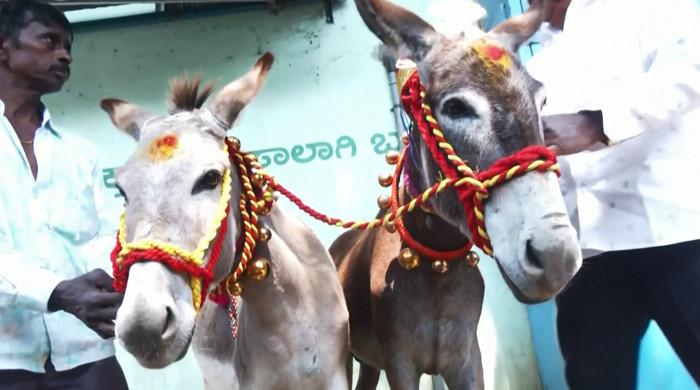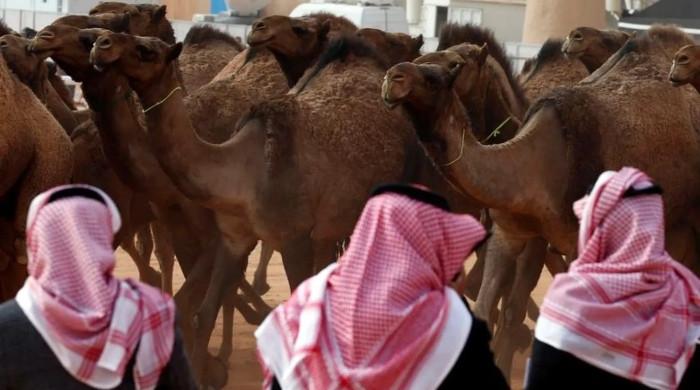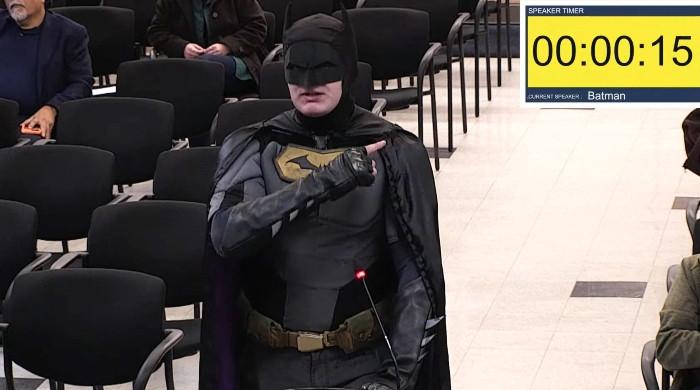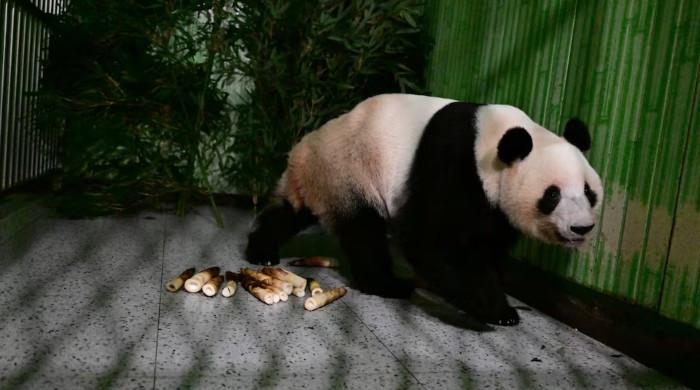Two brothers, one bride: Himachal men marry same woman in rare tribal wedding
Unique wedding takes place in Shillai village, situated in Trans-Giri region of Sirmaur district
July 22, 2025
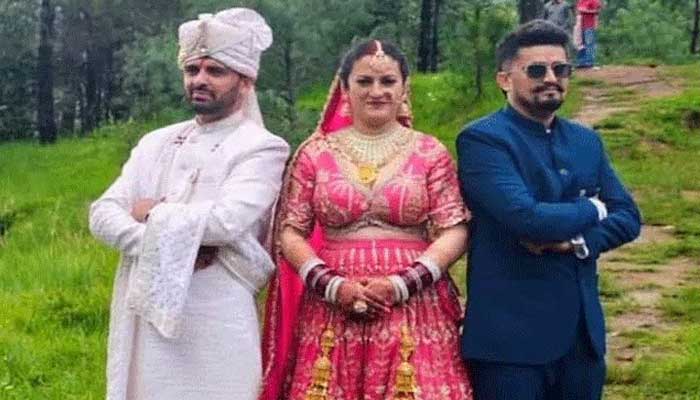
In a rare and culturally significant ceremony, two brothers from the Hatti tribe in India's Himachal Pradesh married the same woman, reviving the ancient, though now-declining, tradition of polyandry.
The unique wedding took place in Shillai village, situated in the Trans-Giri region of Sirmaur district, and was attended by hundreds of well-wishers, reported Gulf News.
The three-day celebration began on July 12, during which Sunita Chauhan wed Pradeep and Kapil Negi. The union, rooted in time-honoured customs, was marked by traditional dances, folk music, and sacred rituals. Videos of the event have since gone viral on social media.
Both grooms and the bride emphasised that the decision was mutual and made without any coercion, as per PTI.
“I knew about this tradition and chose it willingly,” said Sunita, the bride, who hails from Kunhat village. “I respect the bond we’ve formed.”
One of her husbands, Pradeep, a government employee, said, “We’re proud to follow our tradition openly.”
Kapil, the other husband, added: “Though I live away, this marriage ensures stability, support, and love for our wife, as a united family.”
Known as Jodidara, this form of polyandry is still recognised under Himachal Pradesh’s revenue laws. Though rarely practiced, it remains socially accepted in certain areas. Five such marriages have taken place in Badhana in the past six years.
Elders say such marriages are now carried out more privately, even if still accepted locally. Experts trace the origins to the need for land preservation. Marrying brothers to the same woman helped keep ancestral property intact.
Nonetheless, women’s rights to property remain a significant unresolved issue.
Kundan Singh Shastri, general secretary of the Kendriya Hatti Samiti, explained: “It helped prevent land fragmentation, promoted unity among brothers, even half-brothers, and ensured security through larger families.”
As chants echoed through the hills of Shillai, the rare ceremony stood as a reminder that some age-old, and at times controversial, traditions still continue in the minds of some.





